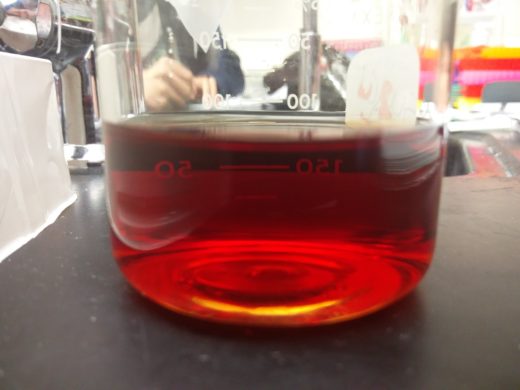
Photo by Benjamin Minch.
by Benjamin Minch, staff writer
Welcome to Koalaty Science, the weekly spot to get all of your science rush and news in a world that is ever changing. Every week we will be exploring a new topic of scientific focus ranging from Biophilia to alien abductions. Hope you enjoy!
About 55% of Americans view climate change as a threat according to a survey done in 2016, and only 41% believe it is caused and worsened by human interactions. This, however, is the complete opposite of the general scientific consensus, the thoughts of the scientific community. According to the same survey, 99% of scientists that are experts in the climate and earth studies field believe that climate change is a threat and 100% of them believe it is caused by humans. Why is there such a divide between science and the public and how will this divide shape our future?
One thing that is keeping many Americans away from the scientific consensus is the bad communication between scientists and the public. This can come in many forms such as “sketchy science” or bad science, private research journals and poor unity between scientists. Many people just don’t trust scientists to perform the task of dealing with certain issues that directly influence their lives. Based on another survey, only 39% of Americans trust climate scientists to take a leading role in global warming, even though 68% of them trust them to make legislature referring to the matter.
I believe that this big mistrust of scientists comes from the bad rap that scientists get. Many see scientists as distant beings that spend years in a lab or in the wilderness and very few see them as relatable human beings. Scientists also appear as more knowledgeable or superior to the average person. (Fundamental Attribution Error). People that aren’t as knowledgeable as scientists probably aren’t going to trust them because they have previous superstitions. It is just a common known fact that people don’t like it when someone else seems superior. It is a psychological phenomenon that is keeping scientific communication suppressed and untrustworthy.
Scientists also have this reputation of being sketchy people. Most of their work remains secret until they have enough data to confirm their hypothesis. Even then, it sometimes is still a secret because of the publication of scientific journals, which are hard to access. Quite frankly, not many people actually know what the scientific community is up to, which is why they have a lower trust of scientists.
I think that in order to fix this problem, scientists should appear more open to share their discoveries because they will eventually become made known. Scientists are only risking certainty for trustworthiness, which in my opinion is a very good trade.
Scientists are trying their best to communicate to us the knowledge that we need to make smart decisions, but we are doing a terrible job at perceiving this information and trusting it to be true. I think it isn’t so much a science problem as a public problem, where modern media only makes it worse.





